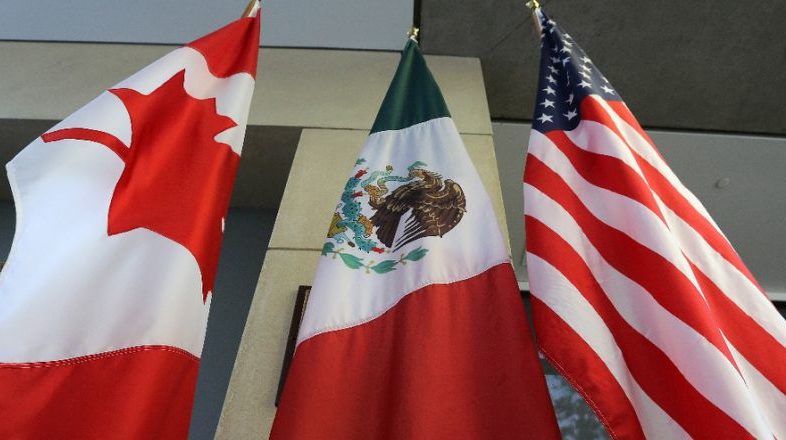The USMCA overhauls rules for trade in agriculture, manufacturing and services with Mexico and Canada. While the agreement has been hailed for raising standards for and increasing enforcement of certain labor, environmental, pharmaceutical and digital trade provisions, some shippers are still struggling to determine how the transition from the North American Free Trade Agreement (NAFTA) to the USMCA will impact their business.
A few key changes/considerations for shippers to under the new USMCA:
Rules of Origin Introduce New Level of Complexity: For shippers of high-tech machinery or in auto manufacturing, whose products contain hundreds of globally-sourced components, the new trade deal includes requiring 75% of a vehicle’s components be made in the U.S., Canada or Mexico, to receive tariff free access to the three countries; and creating higher wages by requiring that 40%-45% of auto content be made by workers earning at least $16 per hour.
Certification of Origin: Exporters are no longer required to provide a certificate of origin in mandatory format. Documentation can be submitted via informal formats, such as commercial invoices, and may be completed by the importer, exporter or producer. Included in the documentation must be: which party is making the certification (importer, exporter, or producer); Certifier, exporter, importer and producer details: Name, title, address, phone number and email.
Description and HTSUS number (to, at least, the 6-digit level); Origin criteria; and Blanket period (if applicable). Full documentation are outlined in the USMCA Implementation Guidelines, Annex A. Under USMCA documentation must be kept for a minimum of five years.
De minimis: Under the USMCA, Canada will raise de minimis levels from 20 Canadian dollars ($15.29) to 40 Canadian dollars ($30.59) and provide duty-free shipments for items valued up to 150 Canadian dollars ($194.66). Mexico’s de minimis values will remain at $50 and provide duty free shipments up to the equivalent level of $117.
Sunset Clause: Unlike the previous NAFTA Agreement, the USMCA is set to expire July 1, 2036. If one of the member states does not agree to remain in the USMCA, a joint process review will commence. Shippers whose supply chain depend on Canada and Mexico will need to keep the Sunset Clause in mind for their supply chains in case a termination of the agreement occurs.
Source: Freightwaves, International Trade Administration, CBP



